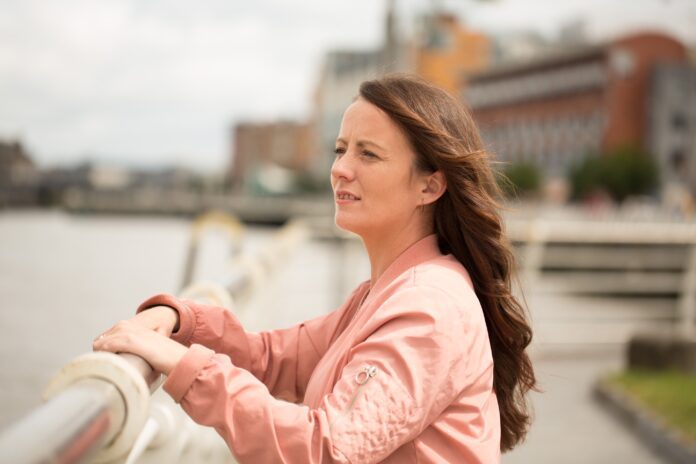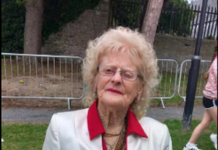
by David Raleigh
DRUG overdoses and relapses rose sharply at McGarry House, the Limerick City homeless shelter, during the Covid lockdown last year.
Naloxone, a life-saving medication which is used to block the effects of drugs overdoses, was used 42 times at McGarry House in 2020, compared to on 18 occasions in 2019.
This represents a “huge rise”, explained Una Burns, the head of policy and communications at NOVAS, which operates the facility at Alphonsus Street.
“Risky drug use and overdoses escalated among our clients during the period, particularly the first lockdown. This was triggered by a number of factors including double social welfare payments, loneliness, fear, services being closed etc,” said Ms Burns.
“We also found that a number of clients in recovery relapsed during the pandemic, so it adversely impacted people in active addiction and those in recovery.”
Ms Burns said that despite the pandemic and the extraordinary pressures on homeless services, “NOVAS supported 5,701 people in 2020, which was an eight per cent increase on 2019, and a rise of 493 per cent since the service started in 2010.
“While the world was coming to terms with the Covid crisis, our services and staff were developing new practices in line with infection control and social distancing measures, which was often contrary to our practice of face-to-face interventions.
With schools, childcare services, as well as breakfast and after-school clubs all closed during lockdown, the impact on struggling families was significant with food poverty necessitating a rise in food parcels and toiletries, she said.
“The lockdown was felt most acutely by those without adequate housing including “multi-generations of families involuntarily sharing accommodation, people sofa surfing, and for families living in one room in a hotel”.
For some, like Patricia Leahy, a client who sought help for drug addiction, NOVAS provided the support that helped turn her life around.
Ms Leahy, (35), said she spent “17 years in active addiction but is currently two and a half years clean from drugs”.
“I was hopeless, on the streets, in tents, in hostels, just in really, really dark places. I was constantly fighting day-to-day to feed my addiction and to try and get somewhere warm to stay,” she added.
After experiencing trauma her life became chaotic, she felt “quite broken” and she thought “there was no way out”.
She eventually learned coping skills through engaging with her key worker, Julie McKenna, and moved away from people and places that triggered her back to her dark days.
The road ahead was hard travelled but she has come out the other side smiling: “Moving has changed my life. I now live in Waterford. I’m in college at the moment, I have my own apartment, and I have my daughter back living with me permanently.”
“If I need any support or anyone to talk to, I contact NOVAS. I talk to Julie, just about anything. Anything new going on for me, I just let her know that I’m doing well, and I’m really grateful for that connection.
“I guess, the staff in NOVAS would have seen me at my lowest point; I was just destroyed from drugs and both of my kids were taken off me. I went from toxic relationship to toxic relationship. I had no self-worth but NOVAS believed in me and showed me love when I wasn’t able to believe in myself and show myself love.”
“They didn’t judge me, I always judged myself and, with my drug use, came low self-esteem, which could have been there before I picked up a drug. I thought I wasn’t good enough.”
“Today, I’m in full time education. I’m studying social care. I have good and genuine friends and I have a life beyond my wildest dreams, and, I’m really grateful.”










